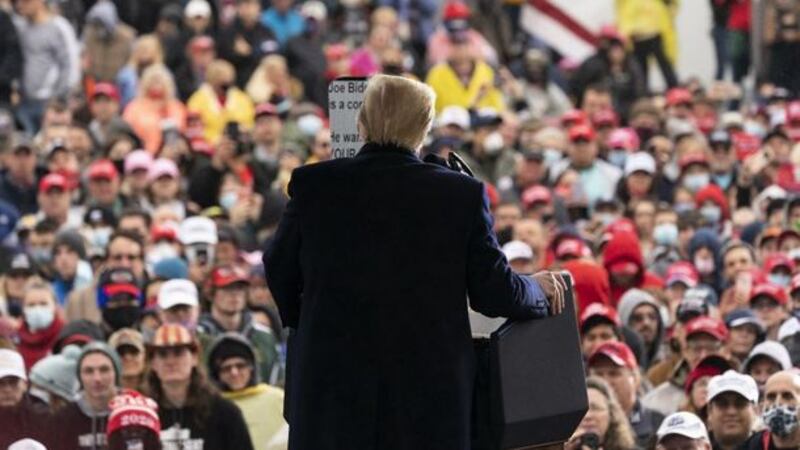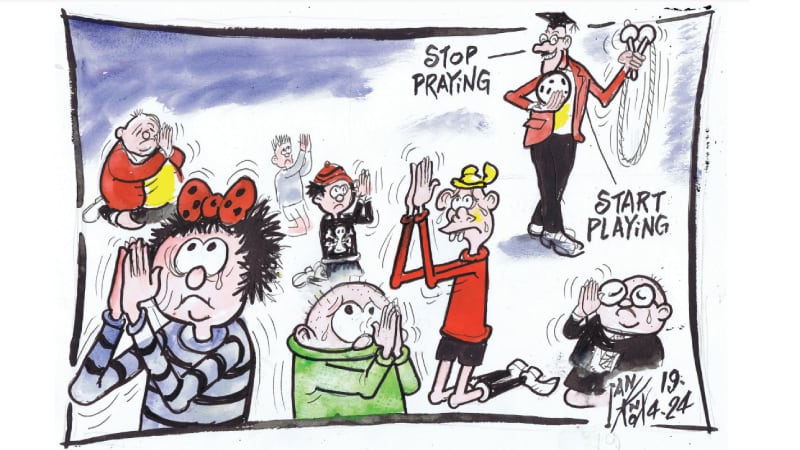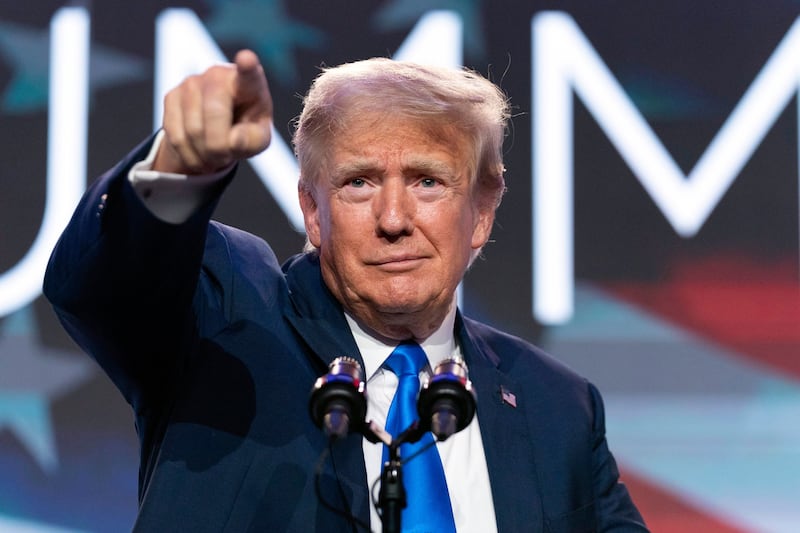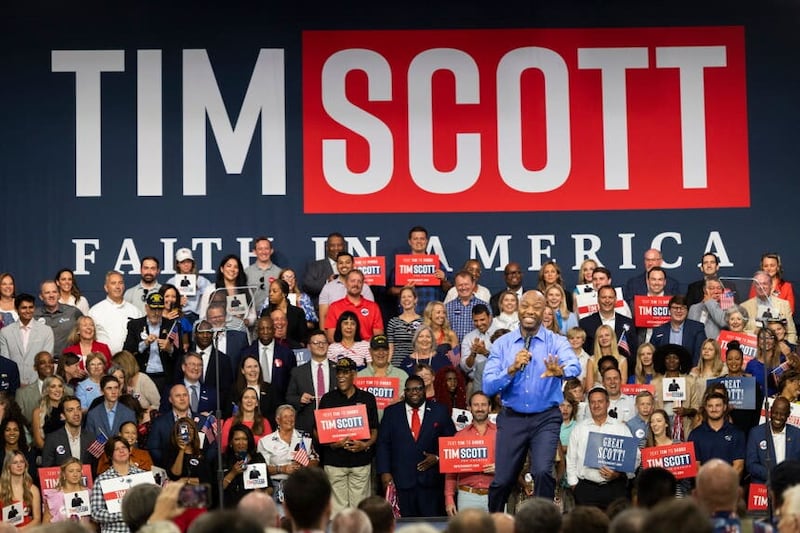LIKE so many international issues, the response from people in the north to the outcome of the US presidential election is likely to reflect their particular take on our own constitutional question – put crudely, nationalists tend to favour Joe Biden, while unionists support Donald Trump.
These allegiances will probably extend to any assessment of whether whoever occupies the White House is good or bad for Ireland – and for Britain – in negotiating the post-Brexit landscape.
Before we get carried away with what the people of a small region – albeit one in the eye of the Brexit storm – actually think may have a bearing on the outcome of future transatlantic trade talks, we need to realise that the influence of big business, alongside trade-offs and concessions for other trade agreements, are considerations that can easily override localised concerns.
Evaluating the two possible outcomes of the election, let's first look at the incumbent. Donald Trump doesn't do things by the book and has a tendency to be unpredictable. What we've seen so far from him though is a general sympathy with Britain's right and the pro-Brexit camp.
Yet typically, there's a lack of consistency. Last year, soon after Boris Johnson assumed the Tory leadership, President Trump's former national security adviser John Bolton said the UK was "first in line" to strike a trade deal with the US and that the White House supported a no-deal Brexit
He argued that a bilateral agreement or a "series of agreements" could be finalised "very quickly, very straight-forwardly".
Last month, however, the US special envoy to Ireland Mick Mulvaney said: "The Trump administration, State Department and the US Congress would all be aligned in the desire to see the Good Friday Agreement preserved to see the lack of a border maintained."
The Trump aide's comments appeared much closer to what has been said by senior Democrats in Congress, including the Speaker of the House Nancy Pelosi and the chairman of the House Ways and Means Committee Congressman Richard Neal, who argue that there will be no trade deal if the Good Friday Agreement is put in jeopardy.
Mr Mulvaney yesterday insisted that there'll be little change in US policy whoever won the presidential election but one might question how he can say that with such confidence when the outcome of the Brexit negotiations is unknown and his president is, as noted above, unpredictable.
Joe Biden is clearly more in tune with the Irish-American lobby, of which the warnings from Congress about a trade deal are a manifestation.
"Any trade deal between the US and UK must be contingent upon respect for the (Good Friday) Agreement and preventing the return of a hard border. Period," Mr Biden tweeted last month.
However, he too though may have to moderate his stance if he's successful in the election, listening more to business interests as well as those who profess an attachment to Ireland. Business may be less vocal than Irish-America but its influence on US government policy can't be underestimated.
Meanwhile, US domestic politics looks likely to remain roughly where it's been in recent years with Democrats retaining control of the House of Representatives, and republicans dominating the Senate, so major muscle flexing on a trade deal is unlikely on Capitol Hill.
What's certain is that whoever emerges victorious from Tuesday's election will be courted and persuaded by a variety of international interests, while listening to what their own constituency is telling them. In the meantime don't pay too much heed to their public pronouncements.








